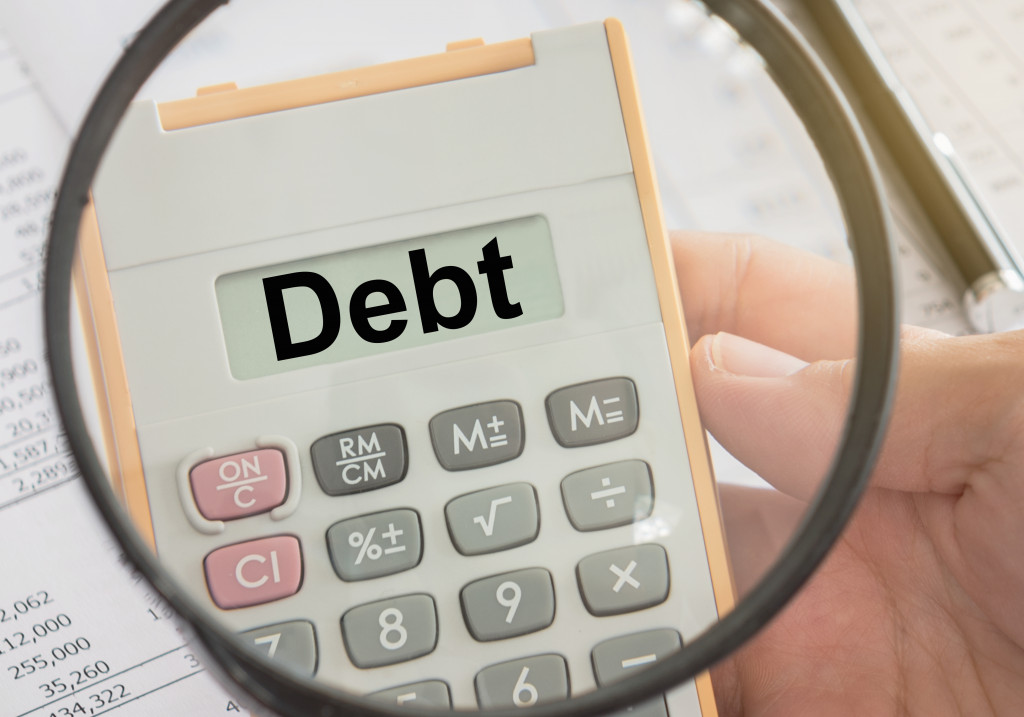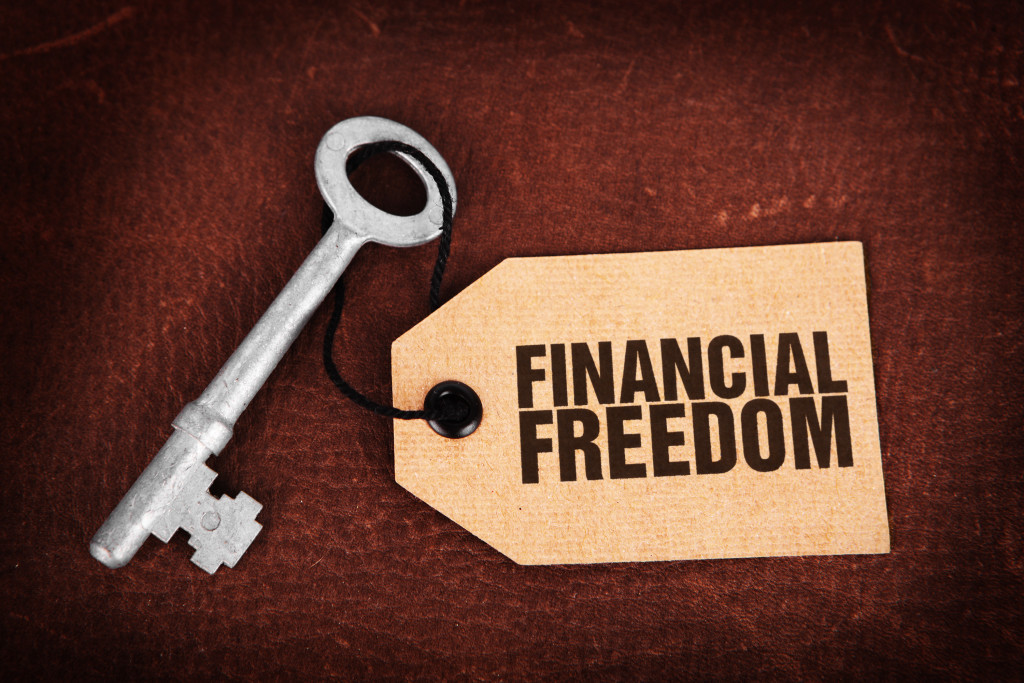Personal finances can be a daunting subject for many people. However, it doesn’t have to be! There are many ways to improve your personal finances, and it doesn’t have to be difficult or complicated. The following tips are some of the best ways to get started on improving your personal finances.
1. Understand what you can afford
One of the most important steps in improving your personal finances is understanding what you can afford. You need to consider all your expenses, including your mortgage or rent, car payments, credit card bills, and other debts. Once you have a good understanding of your total expenses, you can start to create a budget and figure out what you can afford to spend each month.
The 50/30/20 budget rule is a simple yet effective way to manage your money. It’s based on the idea that you should spend 50% of your income on essentials, 30% on wants, and 20% on savings. The 50/30/20 rule is a great starting point for understanding how to manage your money. Once you’ve figured out what you can afford, it’s important to ensure that the money goes toward the right things.
Another way to manage your money is to live within your means or spend less than what you earn. This can be difficult when there are many tempting things to buy. Still, it’s one of the most important habits to develop as a financially responsible person. If you’re living beyond your means, then it’s likely that you’ll run into trouble at some point in the future—and that could mean having to pay off debt or selling assets (like your home) just to get by.
2. Manage your loans accordingly

While some people pay off their loans as quickly as possible, others take a more strategic approach. If you’re unsure which method is best for you, talk to a financial advisor. They can help you figure out the best way to manage your loans. For instance, if you’re planning to take out a loan for a home or other property, you might want to consider getting a fixed-rate mortgage, which a mortgage specialist can help you with.
If you have multiple loans, it’s important to ensure you’re paying off the one with the highest interest rate first. After that, focus on paying off your other loans in order of their interest rates. If you don’t pay off your higher-interest loans first and instead opt for a loan with lower rates, it will take longer—or even be impossible—to pay off all your debt.
If you’re not sure how much debt is too much, then it’s a good idea to take a look at your budget. If you have enough income to cover all your bills and expenses without going into debt, that’s usually a sign that you should stop borrowing money.
3. Use credit cards responsibly
The best way to use a credit card is by only charging what you can pay off in full each month. If you can’t pay off your balance in full, then it’s a good idea to cut up your cards or cancel them altogether. You should ensure you have enough cash on hand before making any purchases so that you’ll have money left over for emergencies.
You should only use a credit card for emergency purchases or when you can’t afford to pay cash. If you’re planning on making a purchase, set aside the money in advance so that you aren’t tempted to spend more than what’s available in your bank account.
4. Have investments
When it comes to investing, the most important thing to remember is to start early and save as much as possible. The earlier you begin saving for retirement, the more time your money has to grow. Start small with a savings account or other low-risk investment option but don’t give up if it doesn’t immediately earn interest. In addition to these options, consider investing in stocks, bonds, mutual funds, and real estate. As long as you diversify your portfolio and spread out your investments across different asset classes, you can reduce your risk and increase your chances of earning a positive return.
When it comes to saving or investing, both are important. You should always invest at least a portion of your income and save the rest. When you save, you’re putting money away for a specific goal or need in the future; when you invest, you’re putting your money into something with the potential for growth.
Final thoughts
Personal finance can be a complex subject matter to get your head around. Still, by following the tips here today, you should be able to understand what good personal finances are and how to apply them in your own life. Remember that a healthy balance between saving money and spending it is key!

